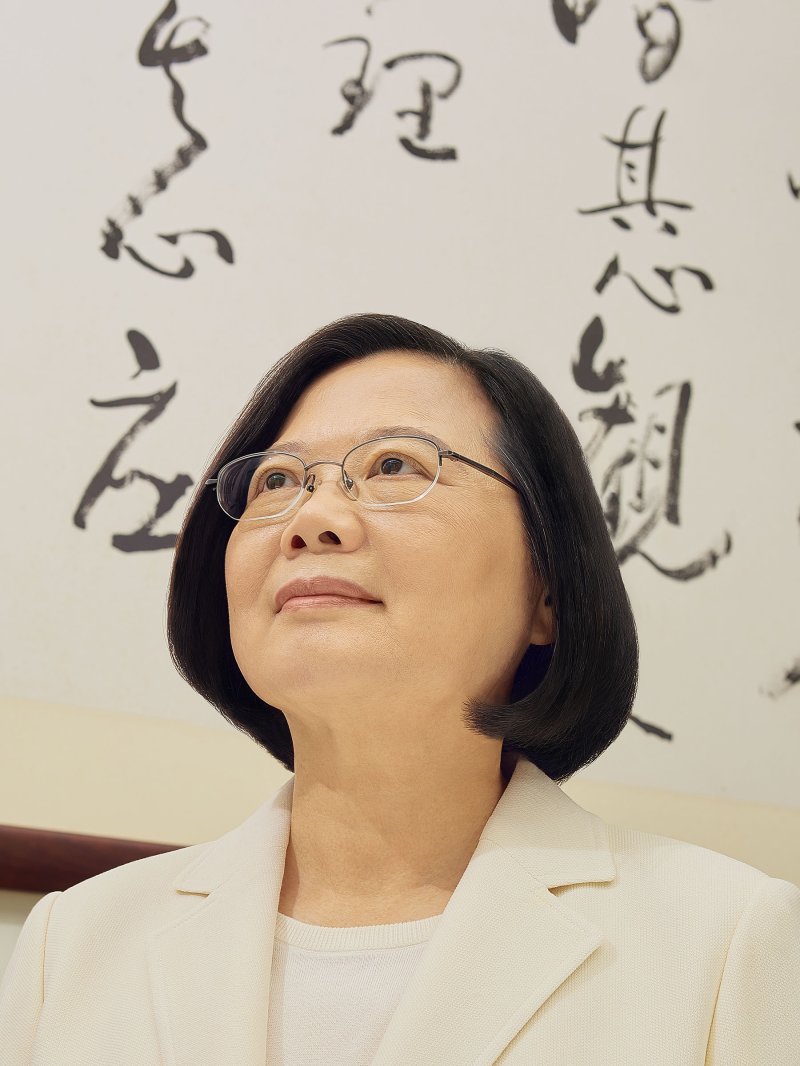 Taiwan is an island of resilience. Centuries of hardship have compelled our society to cope, adapt, and survive trying circumstances. We have found ways to persevere through difficult times together as a nation, and the COVID-19 pandemic is no different. Despite the virus’s highly infectious nature and our proximity to its source, we have prevented a major outbreak. As of April 14, we have had fewer than 400 confirmed cases.
Taiwan is an island of resilience. Centuries of hardship have compelled our society to cope, adapt, and survive trying circumstances. We have found ways to persevere through difficult times together as a nation, and the COVID-19 pandemic is no different. Despite the virus’s highly infectious nature and our proximity to its source, we have prevented a major outbreak. As of April 14, we have had fewer than 400 confirmed cases.
This success is no coincidence. A combination of efforts by medical professionals, government, private sector and society at large have armored our country’s defenses. The painful lessons of the 2003 SARS outbreak, which left Taiwan scarred with the loss of dozens of lives, put our government and people on high alert early on. Last December, when indications of a contagious new respiratory illness began to appear in China, we began monitoring incoming passengers from Wuhan. In January, we established the Central Epidemic Command Center to handle prevention measures. We introduced travel restrictions, and established quarantine protocols for high-risk travelers.
Upon the discovery of the first infected person in Taiwan on Jan. 21, we undertook rigorous investigative efforts to track travel and contact history for every patient, helping to isolate and contain the contagion before a mass community outbreak was possible. In addition to the tireless efforts of our public-health professionals, spearheaded by Health Minister Chen Shih-chung, our informed citizens have done their part. Private businesses, franchises and apartment communities have initiated body-temperature monitoring and disinfection steps that have supplemented government efforts in public spaces.
To prevent mass panic buying, at an early stage the government monitored market spikes in commodities and took over the production and distribution of medical-grade masks. With the cooperation of private machine-tool and medical-supply companies, the Ministry of Economic Affairs coordinated additional production lines for surgical masks, multiplying production capacity. Supported by technology experts, pharmacies and convenience stores, we devised a system for distributing rationed masks. Here, masks are available and affordable to both hospitals and the general public. The joint efforts of government and private companies—a partnership we have deemed “Team Taiwan”—have also enabled us to donate supplies to seriously affected countries.
Taiwan has one of the world’s top health care systems, strong research capabilities and transparent information that we actively share with both the public and international bodies. Indeed, Taiwan has effectively managed the containment of the corona-virus within our borders. Yet on a global level, COVID-19 is a humanitarian disaster that requires the joint efforts of all countries. Although Taiwan has been unfairly excluded from the WHO and the U.N., we remain willing and able to utilize our strengths across manufacturing, medicine and technology to work with the world.
Global crises test the fabric of the inter-national community, stretching us at the seams and threatening to tear us apart. Now more than ever, every link in this global network must be accounted for. We must set aside our differences and work together for the benefit of humankind. The fight against COVID-19 will require the collective efforts of people around the world.
Taiwan is no stranger to hardship, and our resilience stems from our willingness to unite to surmount even the toughest obstacles. This, above all else, is what I hope Taiwan can share with the world: the human capacity to overcome challenges together is limitless. Taiwan can help.
Tsai is the President of Taiwan
This article is part of a special series on how the coronavirus is changing our lives, with insights and advice from the TIME 100 community. Want more? Sign up for access to TIME 100 Talks, our virtual event series, featuring live conversations with influential newsmakers.
No comments:
Post a Comment